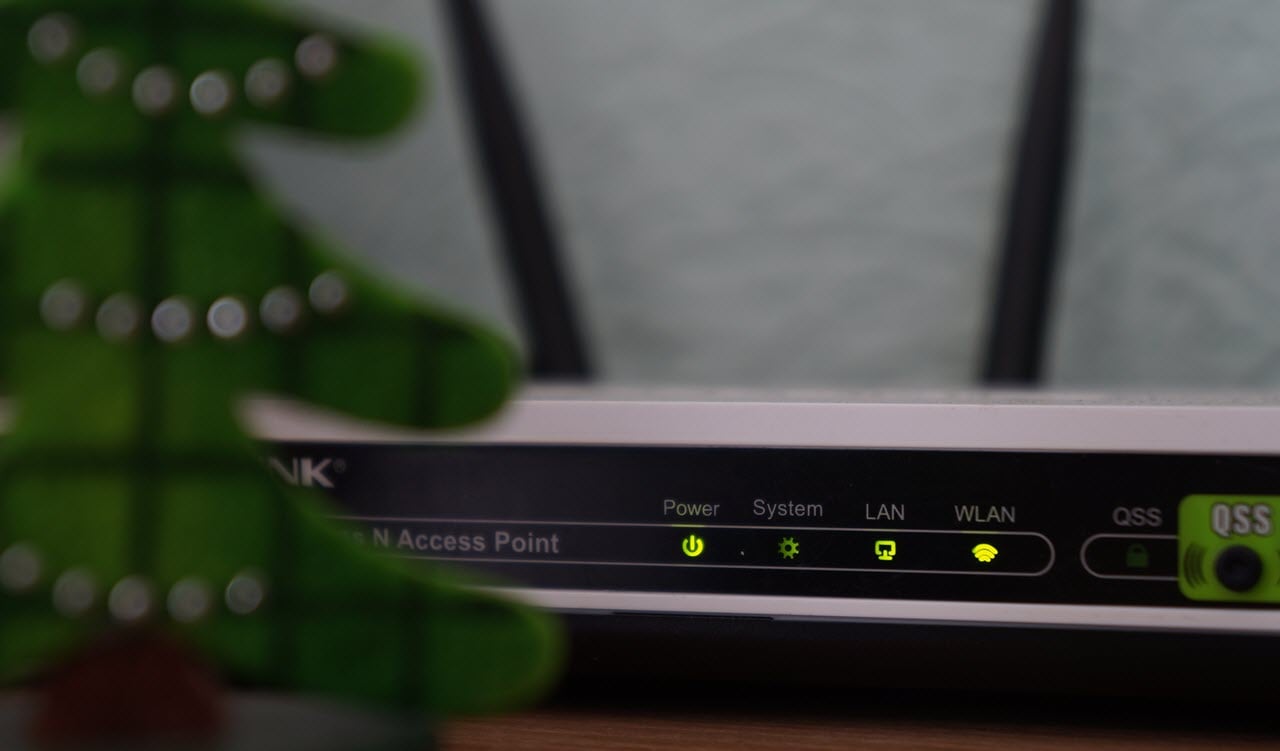Venue management giant Legends International has suffered a data breach impacting its employees and visitors to venues under its management. The data breach happened in November 2024, and the company is finally notifying affected individuals after investigating with external cybersecurity experts.
According to the letter sent to affected individuals, the company detected “certain unauthorised activity” on its IT systems on November 9, 2024. The resulting investigation concluded that specific files had been accessed and extracted during the process. Legends claims that it had a “number of cybersecurity measures in place across the environment” before the attack. However, in the process of bringing its systems back online, it has taken “a series of steps to further strengthen” its security measures.
The sample letter seen by Candid.Technology doesn’t include any information on what personal data was stolen. However, the format suggests that different victims lost varying amounts of personal data, which would be disclosed only to the recipient of the letter. No specifics on the attack type were given either.

Generally, such data-accessing and extraction attacks come from ransomware groups looking to make a quick buck by holding a company’s data hostage. If ransom negotiations break down or the company refuses to pay, this data is then sold off to the public on cybercrime forums. We did not find any such posts at the time of writing, suggesting that either Legends dealt with the cybercriminals or managed to kick them out of its systems before any sensitive information could be extracted — the likes of which would attract buyers.
As is usual in such data breach incidents, the company is offering 24 months of identity theft protection from Experian. However, affected users need to enrol by July 31, 2025, to avail themselves of the benefits. Impacted users are also recommended to check their account statements and credit history for any signs of unauthorised transactions and remain vigilant going forward.
In the News: Freshly discovered Windows vulnerability already exploited in the wild






